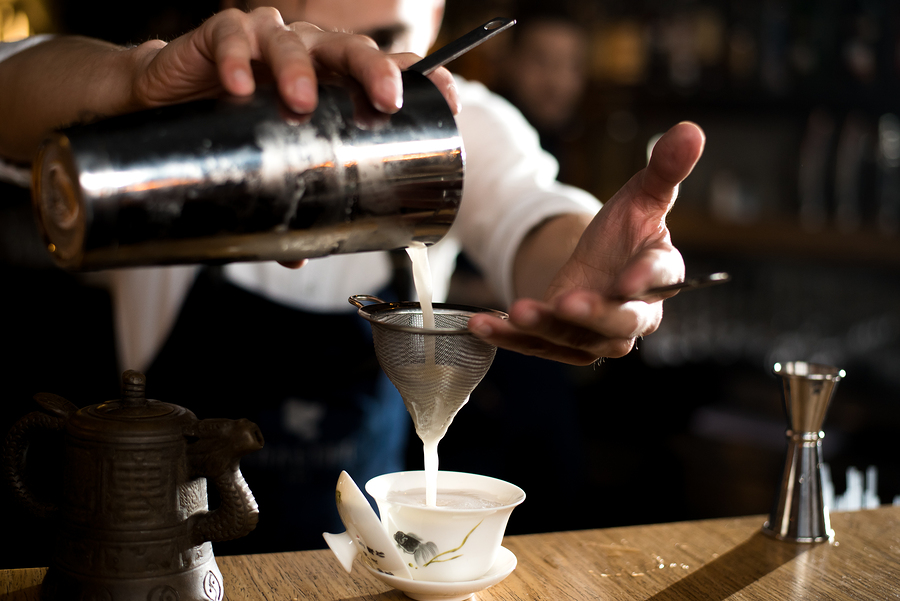Like most states, Texas has enacted a Dram Shop Act in order to hold businesses that sell alcohol legally responsible for “over-serving” intoxicated customers. Dram shop laws typically come into play in personal injury and wrongful death claims that arise from the actions of an intoxicated individual to whom a business negligently over-served alcohol. While the intoxicated individual is not absolved of liability for his or her actions in causing the injuries or death, the business also may share in this liability under the Texas Dram Shop Act.
Requirements of Businesses Pursuant to the Texas Dram Shop Act
The Dram Shop Act prohibits a bar or restaurant that sells alcohol from serving alcohol to anyone who is “obviously intoxicated.” Some symptoms of intoxication are readily apparent, such as bloodshot eyes, slurred speech, lack of inhibitions, and poor balance. The number of drinks that an individual has consumed is also likely to be an indicator of intoxication. Once an individual’s level of intoxication becomes obvious, the bar or business may not continue to serve alcohol to that individual.
The Safe Harbor Defense
There is a built-in defense in the Texas Dram Shop Act for businesses to avoid liability. This defense, which is often referred to as the “Safe Harbor Defense” is set forth in the Texas Alcoholic Beverage Code (TABC). In order to take advantage of this defense, however, a business must ensure that all employees attend a seller training program approved by the TABC. Attendance at the training must be required of all employees, including periodic recertification as required. Ideally, a business should maintain clear records showing that all employees have periodically attended the required training, including new employees prior to beginning to serve alcohol to customers.
Additionally, usage of the Safe Harbor Defense requires that there be no evidence showing that an employer either directly or indirectly encouraged his employee to violate the Dram Shop Act. In order to discredit an employer who attempted to use this defense, the plaintiff in a civil suit could present evidence showing that the employer encouraged employees to comply with the Dram Shop Act law.
For instance, an employer who regularly awards bonuses to employees who sell alcohol in excess of a stated quota might be indirectly encouraging employees to over-serve intoxicated patrons. To counteract such evidence, a business should always maintain documentation of training and written policies on the over-service of alcohol to patrons, as well as documentation of disciplinary actions taken against employees who violate these policies.
Need Help With The Law?
Call Your DWI Defense Attorney Today
Liability under the Texas Dram Shop Act is often directly related to an individual’s alleged criminal offenses and civil liability for incidents that result in injuries or death to others. DWI, in particular, is an offense that often gives rise to a personal injury or wrongful death suit when it results in a traffic accident.
Therefore, if you are charged with DWI or another alcohol-related offense, and particularly if your actions have resulted in injuries to others, you will need the guidance and advice of a qualified Houston DWI attorney. Call the Law Offices of Tad Nelson & Associates today at 281-280-0800 and learn how we can help.














